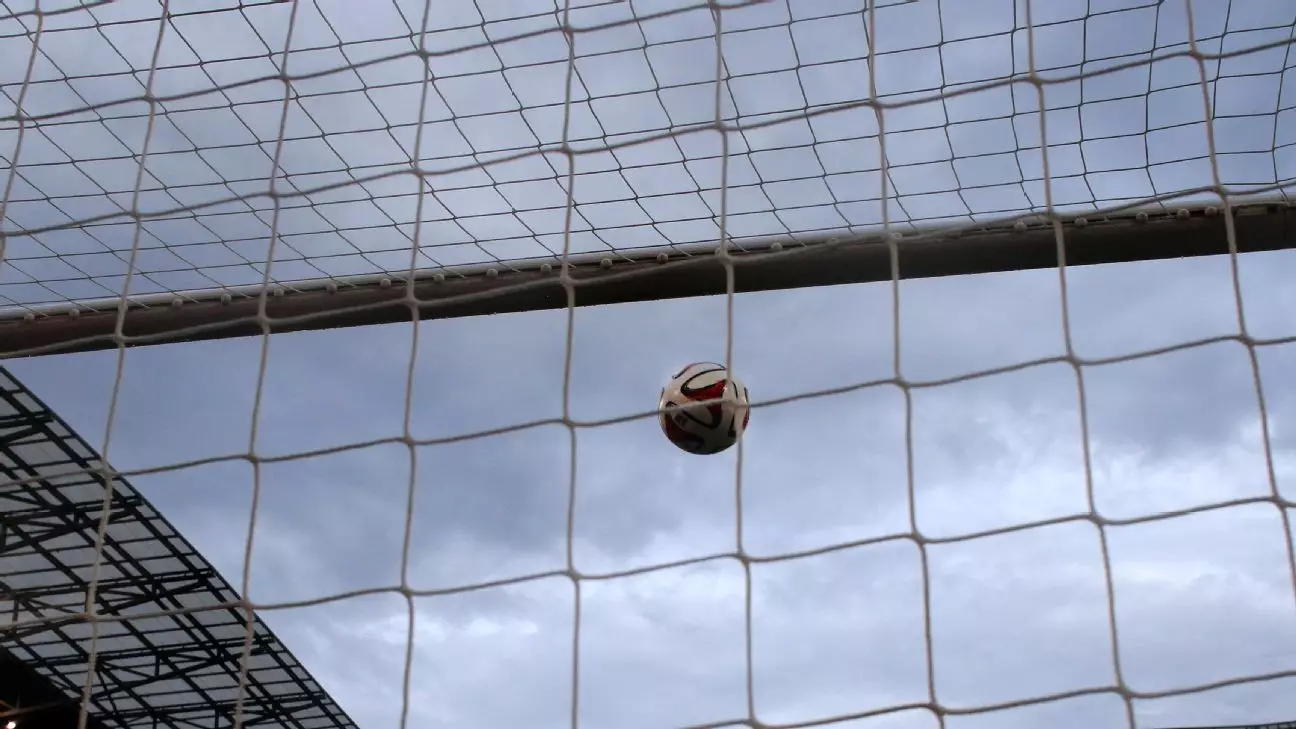The recent events surrounding the River Plate women’s soccer team have sparked significant controversy within the world of sports. Four players—Candela Díaz, Camila Duarte, Juana Cángaro, and Milagros Díaz—were arrested during the Brazil Ladies Cup, following an incident in which one of the players was accused of making racially charged gestures towards a ball boy. This incident, which occurred during a semifinal match against Grêmio, has since raised broader questions about racism in soccer, particularly within South American leagues.
As reported by the Sao Paulo state’s prison administration, the four players were released from custody by Judge Fernando Oliveira Camargo under the stipulation that they must appear in court monthly until their case is resolved. The release came after their arrest during the holiday season, raising concerns about the implications of their detention, both personally and professionally. The players’ club, River Plate, and their legal representatives have not disclosed whether the athletes returned home immediately after their release, leaving fans and supporters in uncertainty.
The controversy began on December 21 when the semifinal match was halted after Candela Díaz allegedly made monkey gestures directed at a ball boy. This incident, captured on broadcast footage, led to a significant escalation in tensions on the field. A physical altercation ensued, resulting in the referee issuing red cards to six River players, prompting the early conclusion of the match. Despite the game being tied at 1-1, Grêmio was awarded the victory, which allowed them to advance and ultimately win the tournament just days later.
The ramifications for River Plate extended beyond the match; the Brazil Ladies Cup organizers imposed a two-year ban on the club from participating in future tournaments. They announced stringent measures against any team involved in racist behavior on the field, emphasizing a zero-tolerance approach to discrimination. This step exemplifies a growing awareness and proactive stance against racism in sports—a critical move given the historic issues surrounding this topic in soccer, particularly in matches featuring Argentine clubs.
Grêmio’s coach, Thaissan Passos, provided insight into the atmosphere surrounding the incident, stating that her players had previously been targets of derogatory remarks from the River players. Despite this alarming backdrop, the Argentine players have remained silent regarding the allegations against them, which raises questions about accountability and transparency in the wake of such serious accusations. River Plate, on its part, has publicly condemned discriminatory behavior while asserting its commitment to implementing disciplinary measures aimed at eradicating racism from its ranks.
This incident has illuminated the ongoing challenges that South American soccer faces regarding racism, particularly concerning harassment from fans and within player interactions. Argentine clubs have historically encountered sanctions from governing bodies due to these issues, making this moment a crucial opportunity for reflection and change in the sporting community. It highlights the need for continuous dialogue on racism and the importance of fostering a respectful and inclusive environment within sports—an aim that requires the collective effort of players, clubs, and governing organizations alike.

